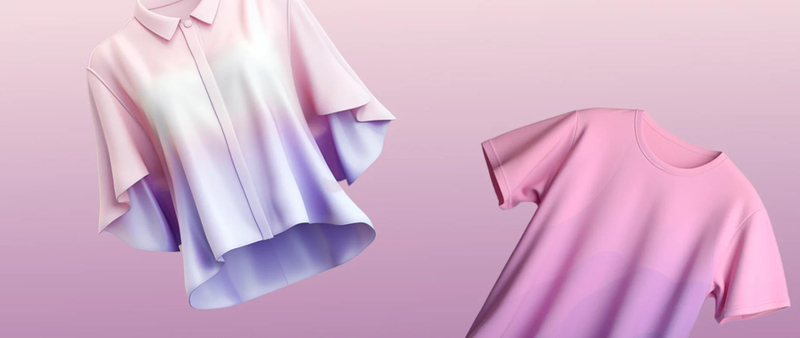The clothing manufacturing industry is the backbone of the fashion world, bridging the gap between creative designs and the final products seen on store shelves. From luxury brands to independent designers, clothing manufacturers play a crucial role in bringing fashion ideas to life.
What Does a Clothing Manufacturer Do?
A clothing manufacturer is responsible for producing garments on a small or large scale. They oversee various stages of production, including fabric selection, cutting, sewing, assembling, and finishing. Some manufacturers provide additional services like embroidery, printing, and packaging, helping brands deliver high-quality apparel to their customers.
Types of Clothing Manufacturers
1. Custom Clothing Manufacturers
These manufacturers specialize in unique, made-to-order garments. They cater to businesses that require exclusive styles and personalized production.
2. Bulk Production Manufacturers
Companies that produce clothing in large quantities rely on bulk manufacturers for efficient and cost-effective production. These manufacturers typically work with established brands.
3. Sustainable Clothing Manufacturers
With the rise of eco-conscious fashion, many manufacturers focus on using organic fabrics, ethical labor practices, and sustainable production techniques.
4. Private Label Clothing Manufacturers
These manufacturers create generic designs that businesses can rebrand with their own logos and labels, allowing companies to sell products under their own name without handling production.
How to Choose the Right Clothing Manufacturer
- Define Your Needs: Identify whether you need custom designs, bulk production, or sustainable manufacturing.
- Assess Experience: Look for manufacturers with experience in your specific type of clothing, whether it’s sportswear, formal wear, or streetwear.
- Check Quality Standards: Request samples to evaluate fabric quality, stitching, and finishing.
- Understand Production Capacity: Ensure the manufacturer can meet your order volume and deadlines.
- Consider Location: Local manufacturers may reduce shipping time, while overseas manufacturers might offer cost benefits.
Advantages of Working with a Reliable Manufacturer
- Consistency in Quality: A good manufacturer ensures uniform quality across all products.
- Cost Savings: Bulk production lowers per-unit costs, making apparel more affordable for businesses.
- Scalability: Manufacturers can scale production as demand increases.
- Expert Guidance: Many manufacturers offer design assistance and material recommendations to improve products.
Future Trends in Clothing Manufacturing
- Automation & AI: Robotics and AI-driven sewing machines are revolutionizing production.
- 3D Printing: Innovations in fabric printing are allowing designers to create complex patterns with minimal waste.
- Eco-Friendly Practices: More manufacturers are adopting water-saving dye techniques and biodegradable materials.
- On-Demand Manufacturing: Instead of mass production, some brands are opting for smaller, made-to-order batches to reduce waste.
Final Thoughts
Finding the right clothing manufacturer is essential for fashion brands looking to maintain quality and efficiency. Whether you are launching a new label or expanding an existing one, partnering with a manufacturer that aligns with your goals can pave the way for success. By staying updated on industry trends and choosing the right partner, you can bring your creative vision to life and thrive in the competitive fashion market.


